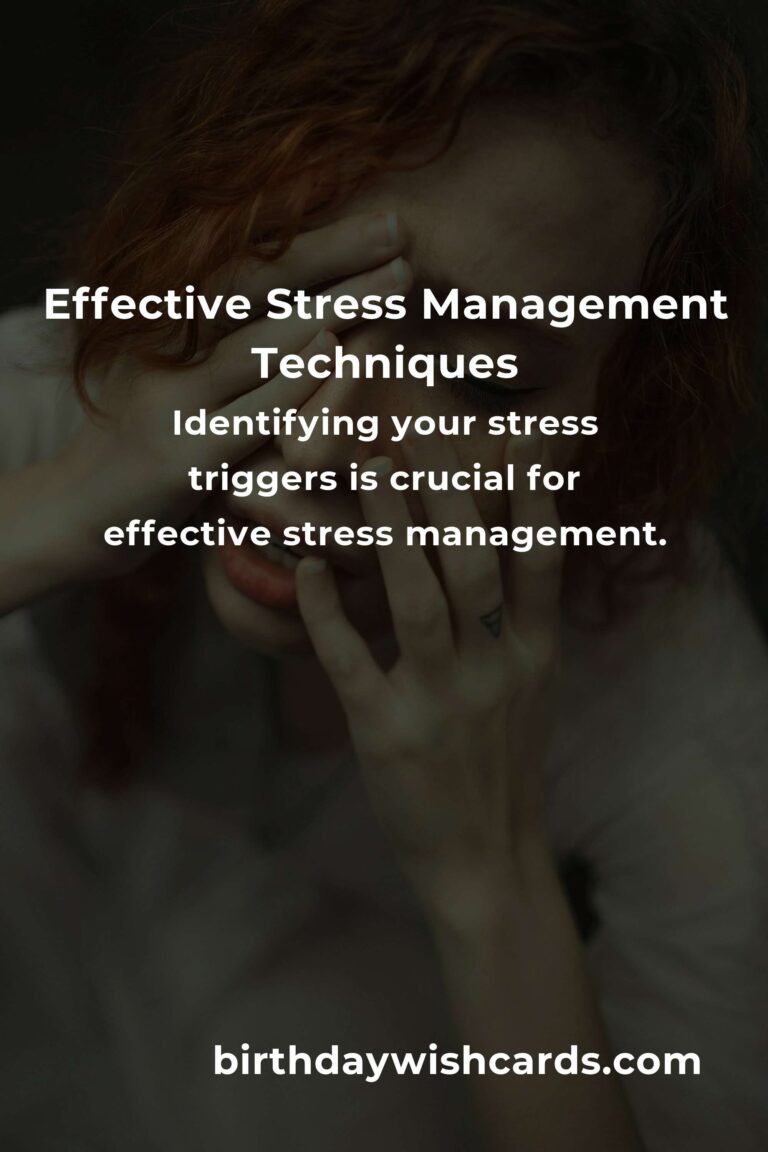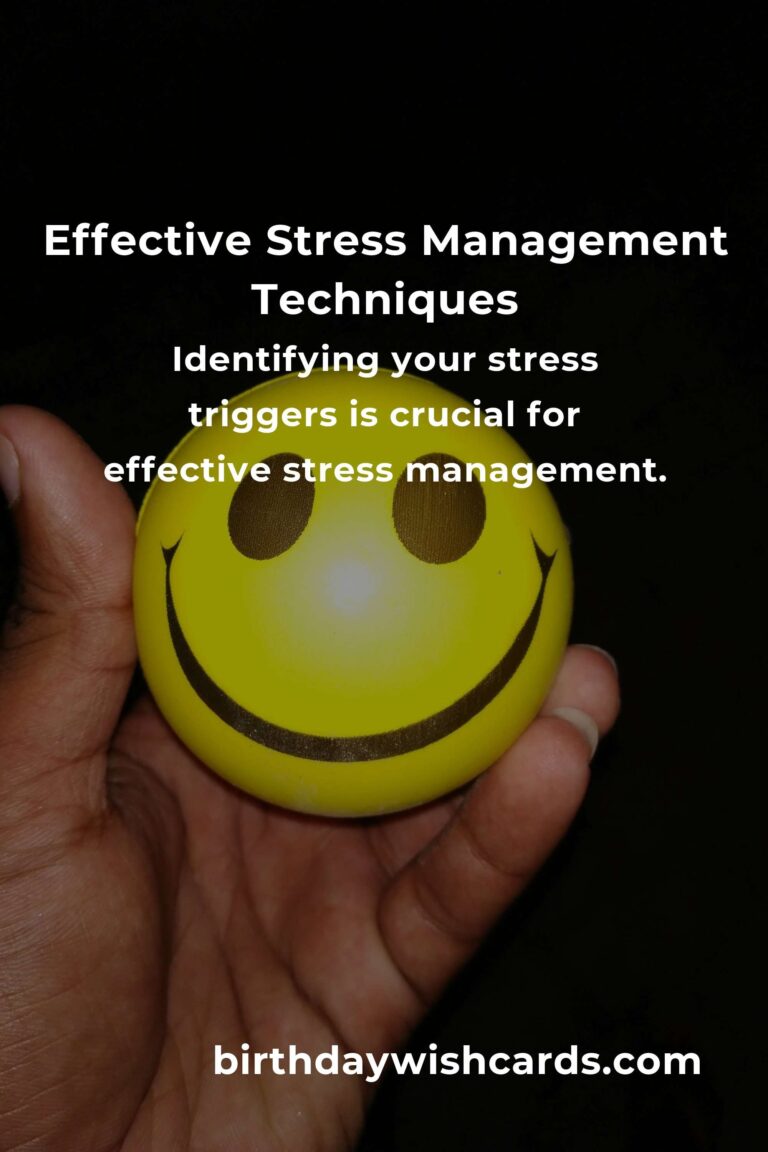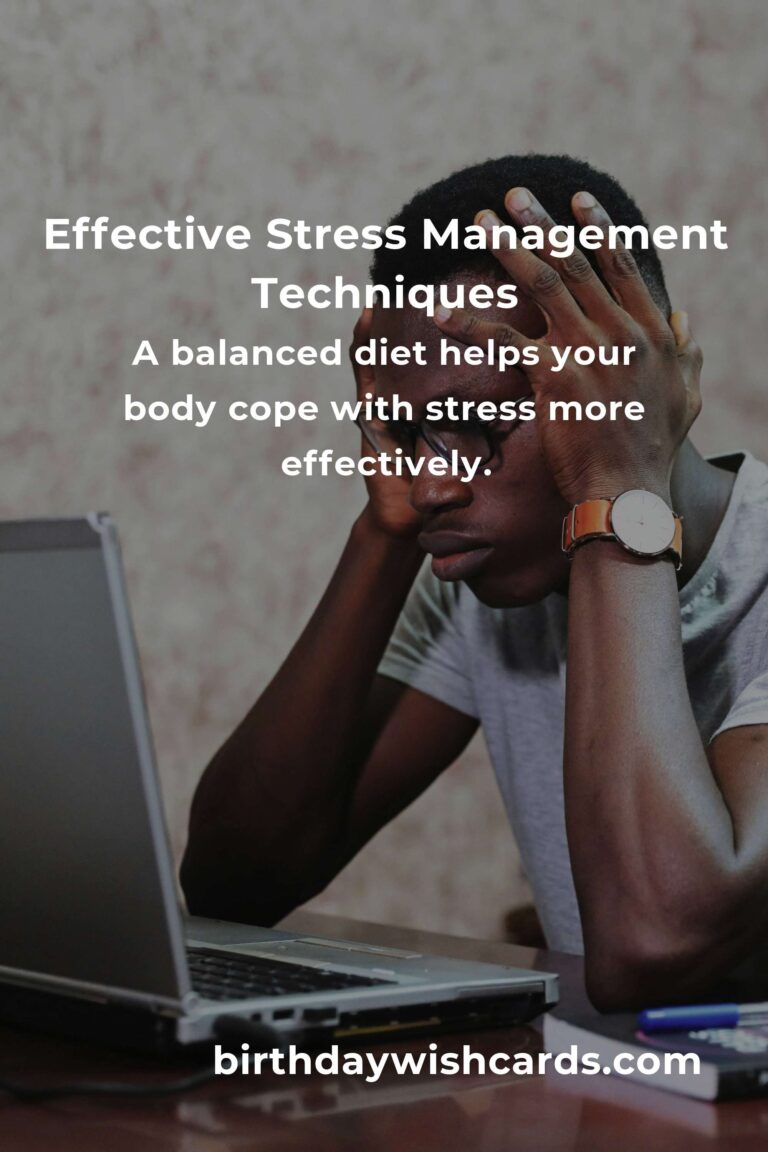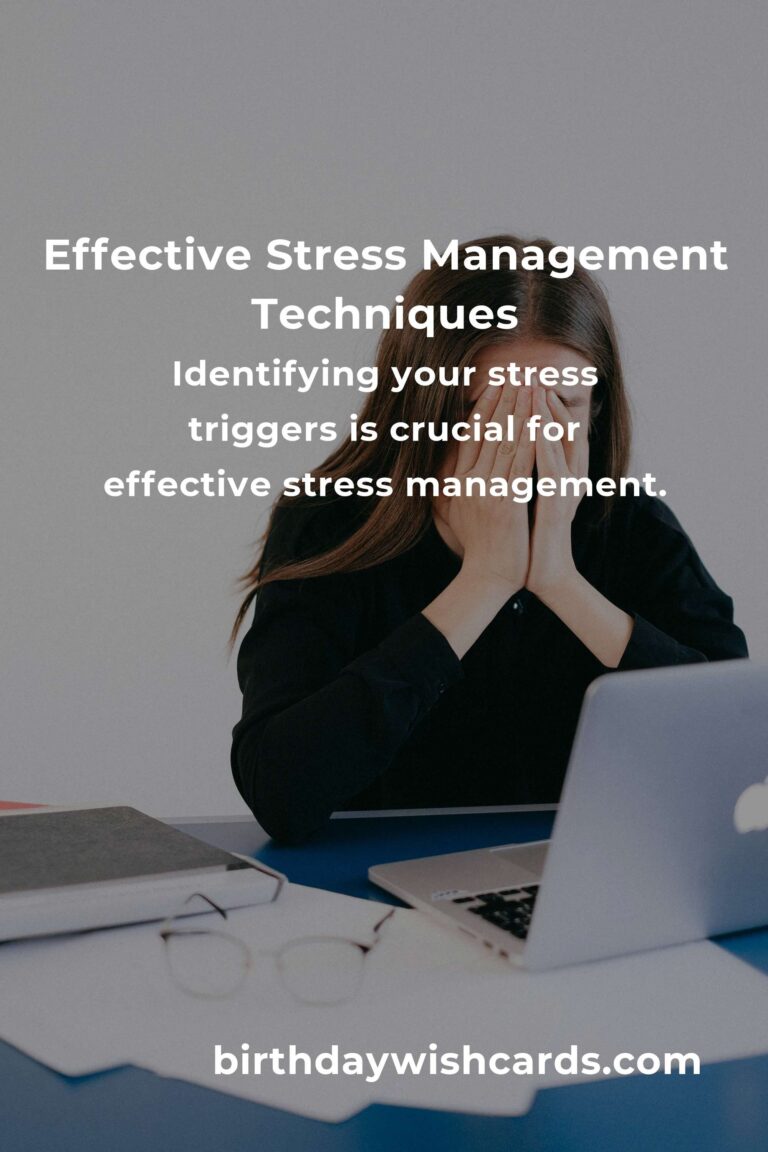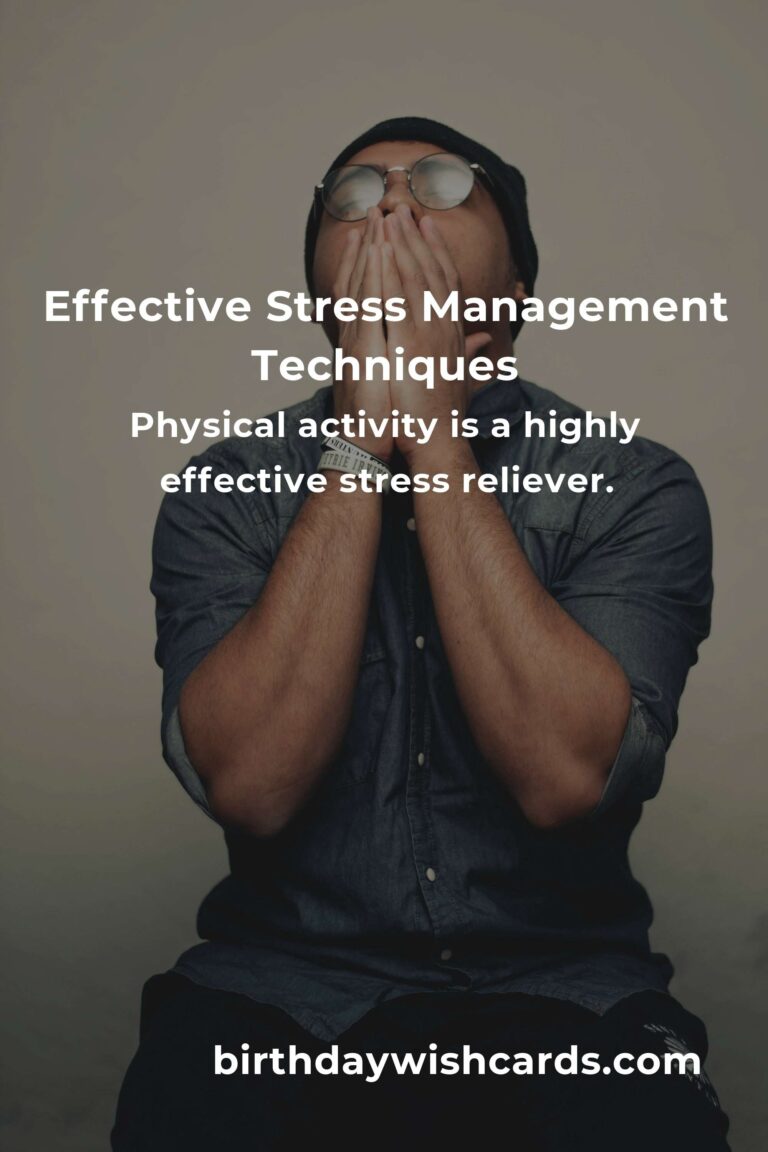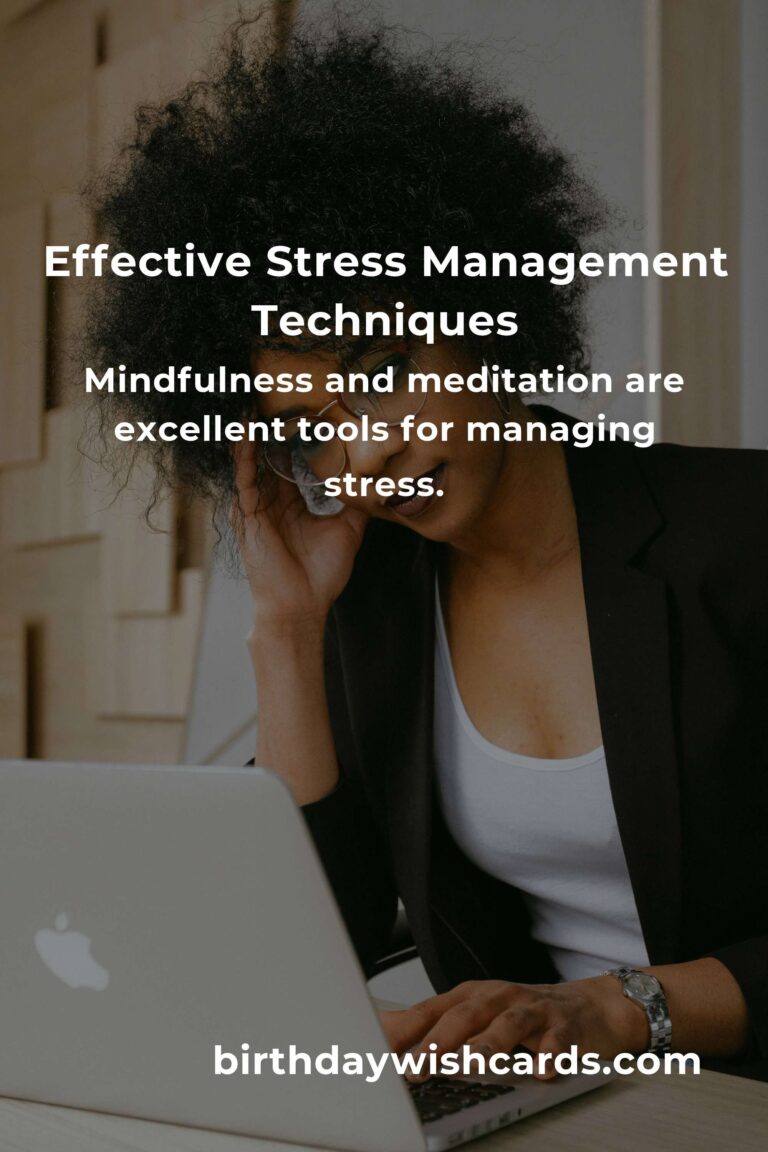
In today’s fast-paced world, stress has become an inevitable part of life. However, learning how to manage stress effectively can significantly enhance your quality of life. This ultimate guide provides easy stress management techniques that you can incorporate into your daily routine to help you live a more balanced and fulfilling life.
Understanding Stress
Before diving into stress management techniques, it’s essential to understand what stress is. Stress is the body’s natural response to challenges or demands. It can be triggered by a variety of factors, including work pressure, family responsibilities, financial difficulties, or health concerns.
Identifying Your Stress Triggers
One of the first steps in managing stress is identifying your triggers. Keep a stress journal to track situations that cause you stress and observe any patterns. Recognizing these triggers allows you to anticipate stressful situations and prepare for them more effectively.
Easy Stress Management Techniques
1. Practice Deep Breathing
Deep breathing is a simple yet powerful technique to calm your mind and body. It helps to lower heart rate and blood pressure, providing almost immediate relief from stress. Try taking slow, deep breaths for a few minutes whenever you feel overwhelmed.
2. Exercise Regularly
Physical activity is a highly effective stress reliever. Exercise releases endorphins, which are natural mood lifters. Aim for at least 30 minutes of moderate exercise, such as walking, swimming, or cycling, a few times a week.
3. Maintain a Healthy Diet
What you eat can significantly impact your stress levels. A balanced diet rich in fruits, vegetables, lean proteins, and whole grains helps your body cope with stress more effectively. Avoid excessive caffeine and sugar, which can exacerbate stress symptoms.
4. Get Enough Sleep
Lack of sleep can contribute to stress. Ensure you get 7-9 hours of quality sleep each night. Establish a relaxing bedtime routine and create a comfortable sleeping environment to improve your sleep quality.
5. Practice Mindfulness and Meditation
Mindfulness and meditation are excellent tools for managing stress. They help you focus on the present moment, reducing anxiety and promoting a sense of calm. Consider setting aside a few minutes each day for meditation or mindful breathing exercises.
6. Connect with Others
Social support plays a crucial role in stress management. Spend time with family and friends, or join a support group where you can share your experiences and feelings. Connecting with others can provide comfort and reduce feelings of isolation.
Developing a Stress Management Plan
Creating a personalized stress management plan can help you manage stress more effectively. Start by setting realistic goals and priorities. Determine which techniques work best for you and incorporate them into your daily routine. Regularly review and adjust your plan as needed.
Conclusion
Managing stress doesn’t have to be complicated. By understanding your stress triggers and implementing simple strategies like deep breathing, exercise, healthy eating, and mindfulness, you can take control of your stress and improve your overall well-being. Remember, the key to effective stress management is consistency and finding what works best for you.
Stress is the body’s natural response to challenges or demands. Identifying your stress triggers is crucial for effective stress management. Deep breathing is a simple yet powerful technique to calm your mind and body. Physical activity is a highly effective stress reliever. A balanced diet helps your body cope with stress more effectively. Mindfulness and meditation are excellent tools for managing stress. Social support plays a crucial role in stress management.
#StressManagement #Wellness #MentalHealth #Mindfulness #HealthyLiving


